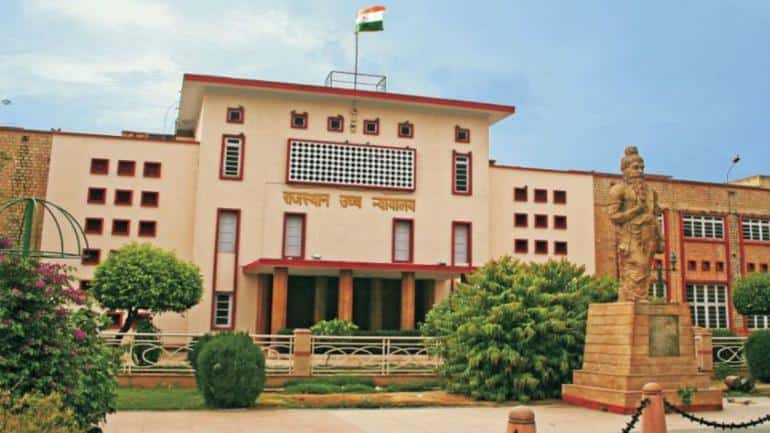The Rajasthan High Court has recently directed the state government to set up a high-powered committee to monitor on a permanent basis the infrastructural and other issues concerning Government Sanskrit schools.
The Division Bench of Chief Justice Akil Kureshi and Justice Madan Gopal Vyas disposed of a bunch of PILs involving similar complaints that revolve around lack of infrastructure and posting of sufficient trained teachers in Government Sanskrit schools.
The Court was informed that there are about 1000 such schools in the State where there is special focus on Sanskrit being taught to the students at an early stage. The petitioners have brought to the notice of the Court a number of deficiencies in the infrastructure of such schools, such as the lack of sufficient number of class rooms, other facilities etc. They also pointed out that in the schools situated in the rural areas there is a perennial deficiency of teachers. Typically, this happens because the preference of the teachers is to be posted at the urban centres.
As a result, the petitioners said, schools in rural areas tend to suffer. Taking cognizance of these averments, the Court has issued directions from time to time. Compliance reports have been called for, which are filed by the State authorities.
The Court has heard counsel for the parties and perused the orders passed by the Court in the past and compliance reports filed by the State authorities. In a nutshell, the Court held that with the intervention of the Court, the situation has improved to some extent. However, there are quite a few areas which require further improvement.
It is pointed out that in several schools there is a serious shortage of class rooms and in some schools, sufficient number of teachers are still not posted. The Advocate General stated that the recruitment process for teacher grade-III is going on. Once such a process is over, there would be considerable relief in terms of availability of teachers.
Having heard counsel for the parties and having perused the documents on record, the Bench is of the opinion that though the issues raised by the petitioners are genuine and valid, in public interest jurisdiction it is impossible for the Court to engage itself into micro management.
“The duty of the Court is to catalyse the government mechanism to take appropriate steps. It is simply not possible for the Court to minutely monitor every single aspect of public administration. The Government has the mechanism, wherewithal as also duty and responsibility to carry out such functions. Every failure of administration does not necessarily have cure only in law to be enforced by the Court,” observed the High Court.
Looking to various genuine deficiencies pointed out by the public interest petitioners, the Court therefore directed the State administration to set up a high-powered committee that would monitor the infrastructural and other issues concerning Sanskrit schools.
The committee consists of the following members: (i) Additional Chief Secretary, Education, who shall be the Chairman of the committee. (ii) Joint Secretary, Finance. (iii) An officer not below the rank of Deputy Secretary, Public Works Department. (iv) Director of Sanskrit Education.
The Court clarified that such a committee shall meet at least once every quarter. The committee would have power to issue appropriate directions for appropriate measures to cure any defects or deficiencies in relation to these schools, which may be noticed.
“The committee would be a permanent committee and if at any stage the Government thinks that looking to the overall improvement, the purpose of the committee no longer survives, the Government would apply to the High Court for winding up the committee. With these observations and directions, the public interest petitions are disposed of,” the order reads.


